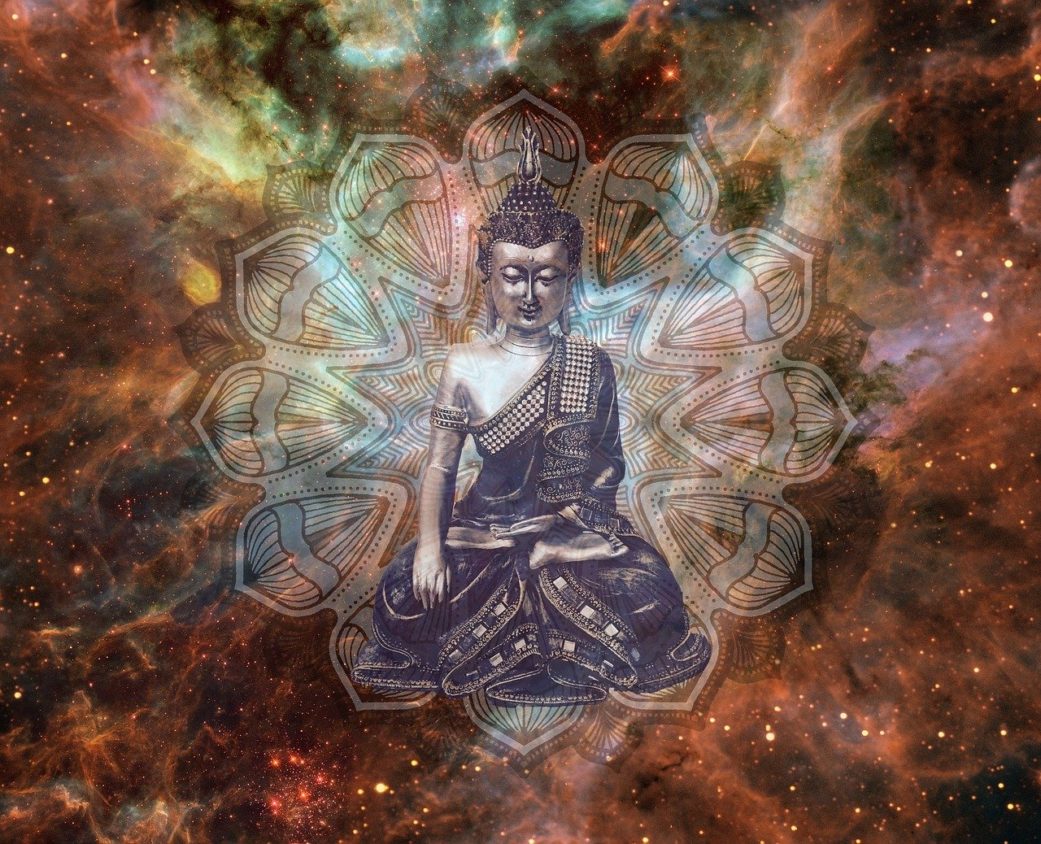The Thai Word “Jai”: Its Meaning & Cultural Implications

One aspect of the Thai language that is critical to understanding Thai people, and successfully navigating through life in Thailand, is the word “jai” (ใจ).
The Thai word “jai” encompasses 3 meanings: “heart,” “mind,” and “spirit”. This linguistic phenomenon significantly impacts Thai culture, psychology, and human relationships — for it reflects a holistic view of the self and the world, versus the compartmentalized view of English speakers, who have a different distinct word for each of these human aspects.
In Thai culture, the heart, mind, and spirit are not seen as separate entities but rather as interconnected attributes of a person’s being. This holistic view influences how Thai people approach life, decisions, and interactions. Decisions are often made with consideration for both emotional AND rational elements, as they are not artificially separated.
The integrated nature of “jai” promotes emotional intelligence and empathy among Thais. It’s a critical element in Thailand’s face-saving culture, the virtue of being “greng jai,” and the importance of maintaining harmony (all of which we’ve discussed in other posts)
Thai people are more likely to recognize the emotional aspects of communication and relationships (because their language is built around it). Thus they often have a deeper understanding of other people’s feelings.
This understanding contributes to a greater emphasis on harmony and the avoidance of conflicts in Thailand.
However, the emphasis on harmony and conflict avoidance can sometimes lead to the suppression of individual emotions or opinions. Thai people often will prioritize maintaining relationships over expressing their true feelings or dissenting views. This can hinder personal growth and lead to unaddressed issues, as well as impede societal growth overall.
Then, we have spirituality. Thailand is a country deeply entwined with the world of Buddhism (as well as Hinduism and animism). So, it’s no surprise that the term “jai” incorporates the spiritual dimension.
Thai people often approach life with mindfulness and an awareness of their inner self or spirit. The integration of heart, mind, and spirit encourages a holistic approach to spiritual practices and personal growth.
Meditation, for instance, is practiced not only for mental clarity but also for spiritual development. The burning of incense serves both as an external memorial (or homage) and uplifts the senses.
Because of all this, Westerners often have trouble navigating Thai relationships and workplaces. Languages such as English have distinct words for “heart,” “mind,” and “spirit.” This typically results in a compartmentalized view of the self and the world, versus the holistic one that Thai people have.
Americans and Europeans usually treat emotions, rationality, and spirituality as separate realms. And this influences the way they communicate, make decisions, and navigate relationships.
While Westerners can certainly express complex ideas and emotions, the separation of these concepts into distinct words leads to a more analytical and cognitive approach to problem-solving and decision-making. Emotional and spiritual considerations are less integrated into these processes compared to Thai perspectives.

Thinking with “Jai” Like a Thai Person
So, what can an expat do to start thinking more holistically, like Thais do? Well, one important thing is to become much better at “putting yourself in another person’s shoes”.
We all know that this is an important part of navigating any human relationship (not just among Thais), but the fact is that few people ever really keep this shoe advice front and center, or spend any time practicing it.
To become better at “putting yourself in a Thai person’s shoes,” you should learn as much as you can about the person’s circumstances, background, and experiences (and those of the Thai people overall). The more you know, the better you can visualize their situation.
Try to evoke the emotions the Thai person might be experiencing. Put yourself in their emotional state and think about how it would affect your thoughts and behaviors.
Think about how you would react if you were in that situation. Consider your thoughts, fears, hopes, and actions.
Recall moments in your own life when you faced challenges or had similar feelings. This can help you empathize with the other person’s emotions.
Lastly, keep reading our posts for fresh insights into Thai culture and the Thai way of life!
For more on this topic, read our post on popular “Jai Words“.
- Affirmations in Buddhism & Thailand - June 7, 2025
- Speak Thai Naturally Without the Gymnastics - April 20, 2025
- The Best Learn Thai Podcast and YouTube Channel - April 10, 2025




